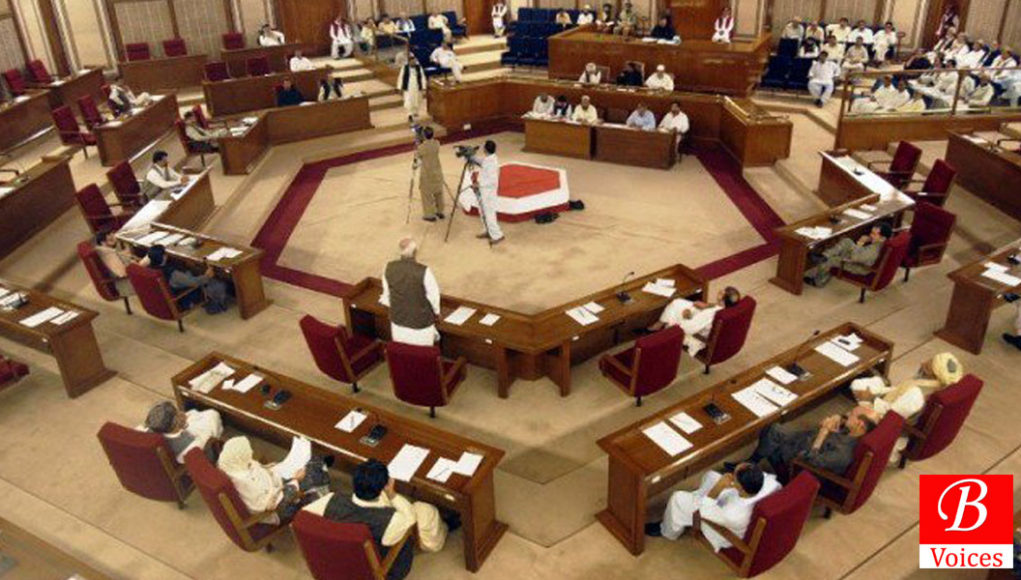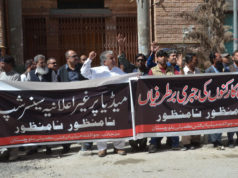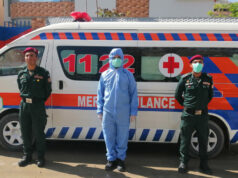In Balochistan assembly, PML-N and its allies had a clear majority and they were ruling the province since June 2013. Nawab Sanaullah Zehri from PML-N was Chief Minister (CM) of Balochistan when the first sun of 2018 rose.
However, the next day members of his own party revolted and presented a no-confidence motion against him. Zehri had to resign a week later to avoid no-confidence motion and a new CM from the same coalition assumed charge. Central command of PML-N lost control over its members in Balochistan and this took many political pundits by surprise.
How come a political party who is ruling Pakistan can crumble overnights? The answer lies in the fact that in Balochistan the individual candidates matter and not the political parties.
Analysis of 2013 general election data in Balochistan proves that independent candidates have secured more votes as compared to any political party and this represents the power of individual candidates in politics of Balochistan.
Who are independents?
According to the election rules in Pakistan, those who can contest elections must either be backed by a political party or contest elections as independents without affiliation with a political party. Once independent candidates win the election then they are free to join any party or remain independent.
In Balochistan, last general elections took place on 11th May 2013. In these elections, votes were polled for 51 constituencies of Balochistan Assembly. Candidates of political parties won 42 seats, 8 seats were secured by independent candidates and the result of one seat was withheld.
In those elections 1, 311,482 votes were polled all over Balochistan. The breakup of these votes and the analysis proves the point about the influence of independent candidates in Balochistan. Independents were the single largest group which secured more than 350,000 votes. These were higher than votes secured by any political party in Balochistan. Right wing JUI-F was the second in the list with 207,167 votes and Pashtun nationalist party PKMAP was third with 167,900 votes.
Independents securing major chunk of votes
Furthermore, the actual strength of independent candidates can be gauged by their share of votes in total votes polled as compared to the number of seats secured by them in assembly. Independent candidates secured one-seventh of total seats in assembly and quarter of total votes polled in general elections.
Powerful candidates in every constituency
Shahzada Zulfiqar is a senior journalist based in Balochistan who has covered elections for last three decades. He believes that tribal influence and affluence of individual candidates makes them powerful enough to defeat political parties in elections. “There are one or two powerful candidates in every constituency of Balochistan who can win election as independent candidates and then join that political party which forms the government,” added Zulfiqar.
He gave the example of Haji Akbar Askani of PB-50 who was unknown before 2013 elections yet he defeated former speaker of Balochistan assembly Akram Dashti not one but twice in elections. “Example of Askani personifies the power of independent candidates in Balochistan,” claimed Zulfiqar.
In Balochistan apart from left wing ethno-nationalist parties and right-wing JUI-F, no other party has a significant vote bank. Still, PML-N has more than 20 seats in Balochistan assembly. The reason is that individual candidates who knew that PML-N will be in power, joined the party either before elections or after elections once they won their seats as independents.
People of Balochistan suffer
The implications of the power of independent candidates in Balochistan are not very promising for the general public. Independent candidates can win the election each and every time and then join the government. This means that there is no effective parliamentary opposition in Balochistan.
Zulfiqar also agrees and He believes “Influential candidates who contest the election as independents are always in power.”
When the same group of people are always in power then there can’t be any accountability and the people of Balochistan suffer. This is evident from the facts that every 3 out of 4 people in Balochistan are multidimensional poor and still government fails to spend development budget.
Disclaimer: Notwithstanding the allegations of rigging in 2013 elections, this data journalism story assumes that election results in 2013 elections were accurate.
Share your comments!








